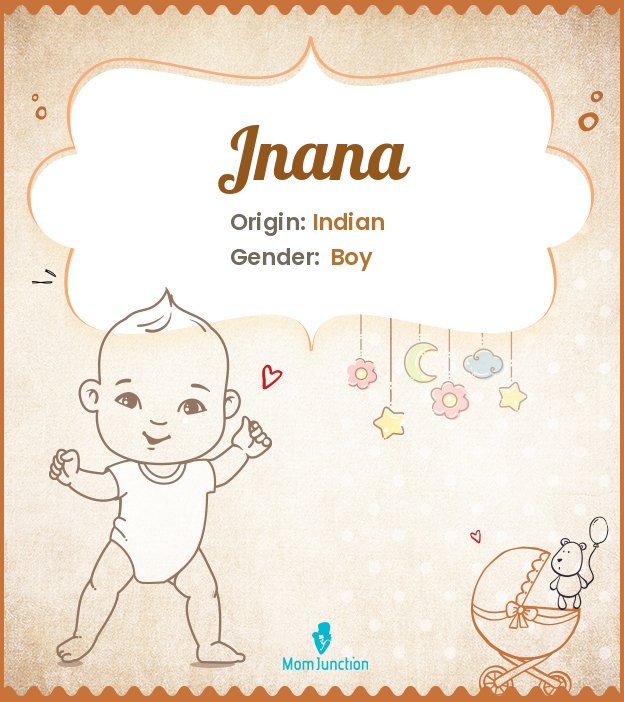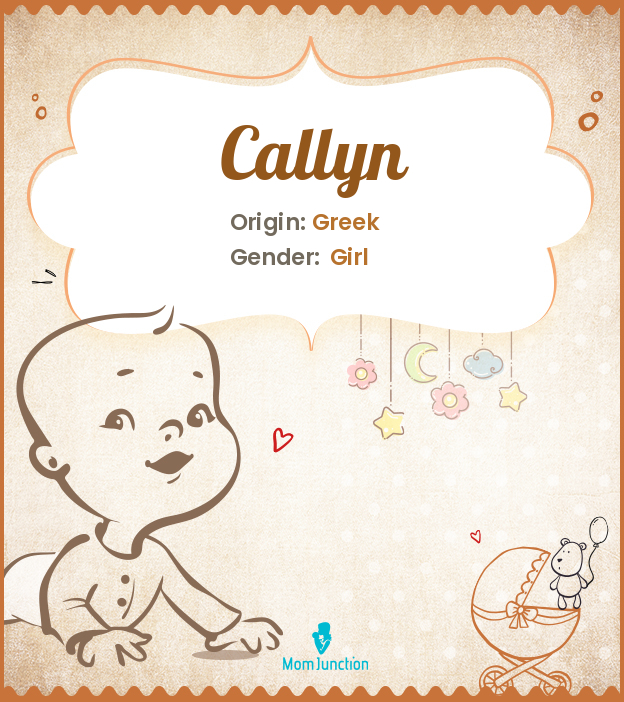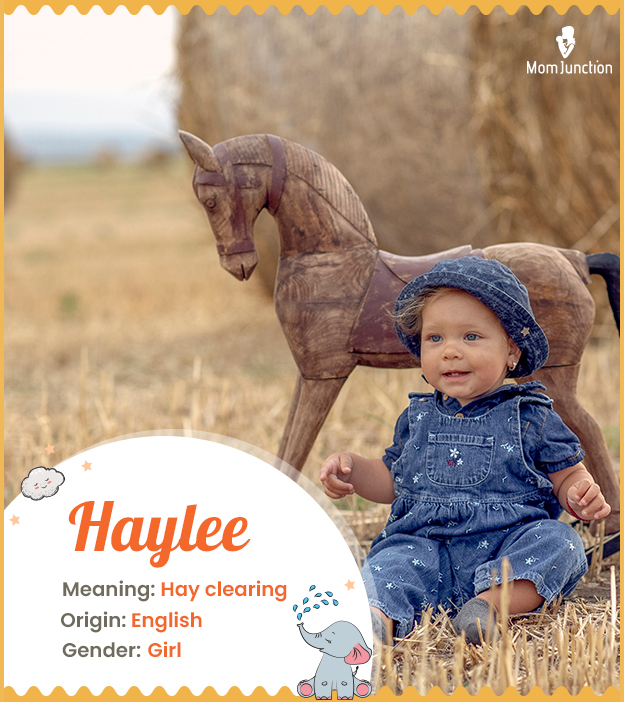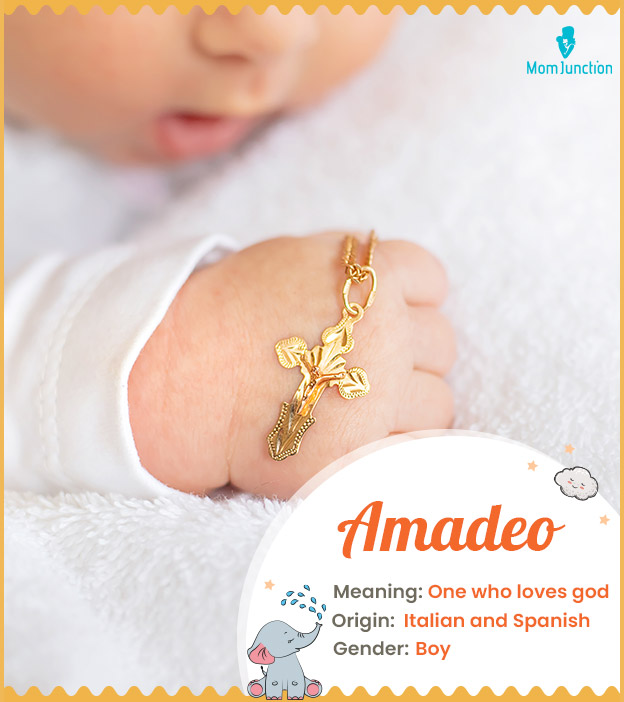
Image: Shutterstock

If you’re looking for ancient Roman baby names, you have found a treasure trove of timeless names. In this post, we dive into history and bring you notable names from the celebrated Roman culture for you to choose from. From the heroics of Julius Caesar to the wisdom of Marcus Aurelius, ancient Roman culture has always been celebrated and looked up to in our world. From books to movies and plays to poetry, all try to capture the allure of the Roman empire. Keep scrolling through to learn the meanings and significance of some popular ancient Roman names.
Key Pointers
- Roman culture has celebrated valiant personalities such as Julius Caesar and Marcus Aurelius.
- Roman names are often inspired by elements of nature. For instance, Aelia means sun, while Aquila means eagle.
- These names are also inspired by mythological Gods. For instance, Herminia comes from Hermes, while Marcella comes from Mars.
Ancient Roman Baby Names For Girls
1. Aelia

It is an ancient Roman name for girls, and the name originates from a Greek word ‘helios’ that means Sun. It was the family name of the famed Roman emperor Hadrian.
2. Alba
The name comes from the Latin word Albus that means “white and bright”. If you want your little angel’s future to be bright and prosperous, you can call her by that name. This name was borne by several notable women in history, including the Cuban-Italian writer, Alba de Céspedes.
3. Albina
Feminine form of Albinus. The names became popular after Saint Albinus, who was the bishop of Angers in Brittany.
4. Antonia
The feminine name became famous after Marcus Antonius, who was one of the notable people in Roman history.
5. Aquila
The name means eagle in Latin, and it describes the positive attributes of wilderness and courage.
6. Augusta
The feminine form of Augustus, the name originates from the Latin word ‘augere’ meaning great. Augustus was the title given to the first Roman emperor Octavian for his honesty, wisdom, and greatness.
7. Aurelia
It comes from the Latin word ‘aureus’, which means golden or gilded. It was also the name of the famous Roman emperor and philosophical writer, Marcus Aurelius.
8. Balbina
The feminine form of Balbinus, it was the name of the famous Saint Balbina who sacrificed her life with her father, Quirinus.
9. Caecilia

It originates from the Latin word ‘caecus’ meaning blind.Saint Caecilia was a martyr, who refused to pay her eternal devotion to the Roman gods. The saint later became known for her love for music.
10. Camilla
It was the name of the legendary warrior maiden. The name further became popular due to the famed English literary work Fanny Burney’s novel released in 1796.
11. Cassia
It comes from the Latin word Cassius meaning empty. In modern days, the name further became famous as the first name of world-famous boxer Muhammad Ali.
12. Claudia
It originates from the Latin word Claudius meaning ‘lame’.
 Trivia
Trivia13. Cornelia
The popular ancient Roman name was borne by Cornelia Scipionis Africana and she was the daughter of Roman hero Scipio Africanus.
14. Decima
The name means tenth and in earlier days the name was borne by the tenth child of the family.
15. Domitia
It comes from the Latin word domitus that means ‘having been tamed’.
16. Fabia
The feminine name originates from the Latin word faba meaning beans. It was the name of the popular Roman general, Quintus Fabius Maximus.
17. Fausta
The feminine form of the name Faustus that means lucky or auspicious.
18. Flavia
It comes from the name Flavius, which means golden haired. If your beautiful daughter possesses yellow hair, you can call her by that name.
19. Hadriana
Hadria is a girl’s name that has two meanings. One is derived from Hadrianus that has a Latin reference and means ‘From Hadria’. Another meaning is ‘Lucky’ or ‘Successful’.
20. Herminia
The feminine name originates from the name of the Greek god Hermes.
21. Horatia

It comes from the Latin word Hora meaning hour or time. One of the famous bearers of the name is Quintus oratius Flaccus.
22. Hortensia
A unique Roman name for girls, Hortensia is a variation of the Latin word ‘Hortense’ that means ‘From the garden’.
23. Julia
It is a common English name, and one of the proud bearers of the name is famous actress Julia Roberts.
24. Liviana
Feminine form of Livius, that means to envy.
25. Lucia
This feminine form of Lucius was popularized by the courageous Saint Lucia.
26. Marcella
The name originates from the name of Roman god Mars.
 Trivia
Trivia27. Mariana
Mariana is the combination of two popular traditional names Maria, meaning ‘Bitter’ or ‘Wished-for child’ and Ana refers to ‘Grace’. This is a very popular Roman name for girls and has a Spanish origin.
28. Martina
One of the famous bearers of the name was Saint Martina, and she is one of the patron saints of Rome.
29. Octavia
Ocatavia is a name for girls and means ‘Born eighth’ in Latin. During the Roman Empire, Octavia was the sister of Octavian. She was married to their political ally Mark Antony.
30. Valentina
Valentina is a feminine variation of the Latin word Valentine. It refers to ‘Brave’ or ‘Strong’.
31. Valeria
Valeria is an ancient Roman name for girls and means ‘Strength’ or ‘Health’. It is derived from the Latin word ‘Valere’ meaning ‘To be strong’.
Ancient Roman Baby Names For Boys
1. Albus
Albus is a Roman name for boys. The Latin word refers to ‘White’ or ‘Bright’.
2. Cicero
Cicero is an ancient Roman name for boys, originating from the Latin word ‘Cicer’ that refers to ‘Chickpea’. It was also the family name of Marcus Tullius Cicero, famously known as Cicero, who was an orator, author, and statesman of the 1st century BC.
3. Marcellus

This is an ancient Roman name for boys that means ‘A hammer’ or ‘Young warrior’. Marcellus is derived from Mars, who is the Roman God of War.
4. Maximus
It comes from the Latin word Maximus that means great. It was the name of the famous monk Saint Maximus.
5. Octavius
It originates from the name of the historical Roman emperor Augustus.
6. Otho
It was the name of the short-lived Roman emperor.
7. Porcius
The name is taken from the Latin word porcus meaning pig. One of the famous bearers of the name was Roman statesman Marcus Porcius Cato.
8. Regulus
The name implies prince or little king. If you want to treat your son like a prince, you can call him by this name.
9. Rufus
The name means red-haired, and it was the nickname of the popular king of England, William II Rufus.
10. Sabinus
It originates from the Latin name Sabine. The Sabines were the ancient people, who used to reside in modern-day central Italy.
11. Seneca
It comes from the Latin word senectus meaning old.
12. Septimus
It means seventh in Latin and the seventh son of the family earned this title in ancient days.
13. Tatius
In Roman history, Titus Tatius was the rule of Sabines.
14. Titus
It comes from the Latin word titulus that means ‘title of honor’. One of the popular bearers of the name was Sabine king Titus Tatius.
15. Vitus
This ancient Roman name for boys has an Italian origin. Vitus means ‘Life’ and was also the name of a popular Christian saint.
16. Valens
The name means ‘strong’ and ‘healthy’. It became popular after the name of Saint Valentine.
17. Aelius
It originates from the Greek word Helios, meaning Sun.
18. Albanus
Derived from the Latin word Alba that means white.
19. Augustus
It comes from the Latin word augere meaning vulnerable or great.
20. Avitus
It is one of the popular Roman family names that means ‘ancestral’.
21. Brutus
The name implies heavy, and it became popular after the name of the famed founder of the Roman Republic, Lucius Junius Brutus.
22. Caesar
It comes from the Latin word ‘caesaries’ that implies hairy. One of the famous bearers of the name was Julius Caesar.
23. Drusus
The inner meaning of the name implies strong.
24. Fabius

It originates from the Latin word faba meaning beans.
25. Felix
The boyish name means ‘lucky’ or ‘successful’, and it was the nickname of popular Roman general Sulla.
 Trivia
Trivia26. Festus
The name means festival or holiday.
27. Gallus
In Latin, the name means rooster.
28. Hilarius
Derived from the Latin word ‘hilaris’, it means cheerful.
29. Junius
Inspired by the name of Roman goddess Juno, it became a popular boyish name. One of the proud bearers of the name was the founder of the Roman Republic, Lucius Junius Brutus.
Discover More Names
When you have to choose a name for your baby, a few hundreds of names may not be just enough. Keep digging our mine of baby names until you find that one precious gem.
Frequently Asked Questions
1. Did Ancient Romans follow any particular naming traditions or customs?
Ancient Romans usually gave their baby names in a particular order, including the first name or “praenomen,” followed by the “nomen,” which indicated the family name, and the “cognomen,” which indicated the name of the branch of the clan to which the person belonged (1).
2. Were certain Ancient Roman names reserved for specific genders or social classes?
Yes, certain names were reserved for specific genders or social classes. For example, many female names ended in the suffix “-ia,” while male names often ended in “-us” or “-ius.” Also, there were distinct naming styles for Romans, slaves, and freed people (1).
3. Did Ancient Romans ever name their children after historical or mythological figures?
Yes, Roman mythology has significantly influenced the naming practice among the Romans. Several Ancient Roman names were derived from historical or mythological figures, gods, and goddesses, including Julius, Hercules, and Apollo. Many Roman mythology names are still popular today because of their significant history and cultural associations.
4. How did the naming process for Ancient Roman babies differ from modern naming practices?
Ancient Romans had fixed naming order, and names were usually derived from family traditions, culture, and religious beliefs. However, modern naming practices mostly depend on parents’ and family preferences.
5. What role did family and ancestry play in naming Ancient Roman babies?
Family and ancestry played a major role. According to the naming tradition in Ancient Rome, along with personal names, babies must have their family name and the name of their clan (1).
6. Did Ancient Romans use any nicknames or diminutives for their children’s names?
Yes, in most cases, Ancient Romans used a person’s “Cognomen” or the third part of the name as a nickname. However, many parents also gave specific nicknames or diminutives for their children’s names (1).
7. How did Ancient Roman names change over time?
Ancient Roman names changed over time as the language evolved and new cultures were introduced with the Roman empire’s expansion.
8. How did Greek and other foreign cultures impact Ancient Roman baby names?
The exposure of Greek and other foreign cultures over Ancient Rome and the expansion of the Roman empire influenced the naming traditions. There are many popular Ancient Roman names, including Alexander, Cassandra, and Helen, of Greek origin, while names such as Cornelius and Claudia are of Etruscan origin.
Ancient Roman baby names have deep meanings and are usually liked by parents, especially if it is a name that comes from a character they have adored for a long time from the historical stories of Rome. These names sound musical to the ears, have beautiful meanings, and are easy to pronounce. So begin your research with our list and find the most suitable name for your little one.
Infographic: Roman Names For Girls And Boys
The Roman empire is considered to be one of the most influential ones ever, with a rich history of social and political institutions. So, if you are inspired by the Romans and want to name your baby after them, give the following infographic a read. Don’t forget to save it!
Some thing wrong with infographic shortcode. please verify shortcode syntax
Embark on a journey through time as SJ Strum unveils intriguing ancient Roman baby names waiting to be revived. Rediscover the timeless charm and unique history behind these hidden gems!
References
- Roman Nomenclature.
http://vroma.org/vromans/bmcmanus/roman_names.html
Community Experiences
Join the conversation and become a part of our nurturing community! Share your stories, experiences, and insights to connect with fellow parents.
Read full bio of Arshi Ahmed
Read full bio of Srija Chanda Burman
Read full bio of Praggya Joshi















